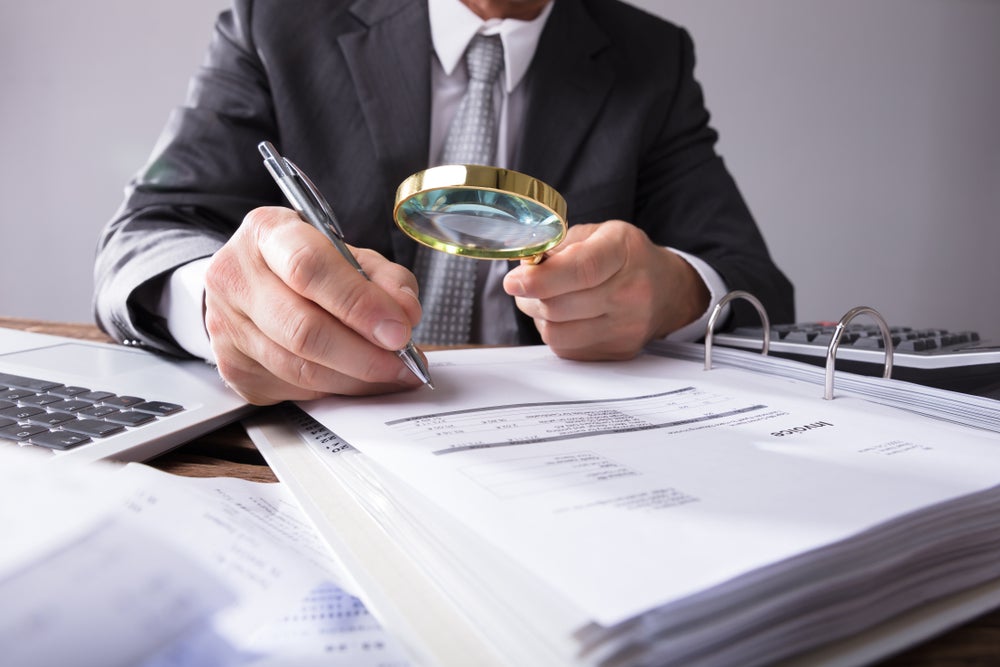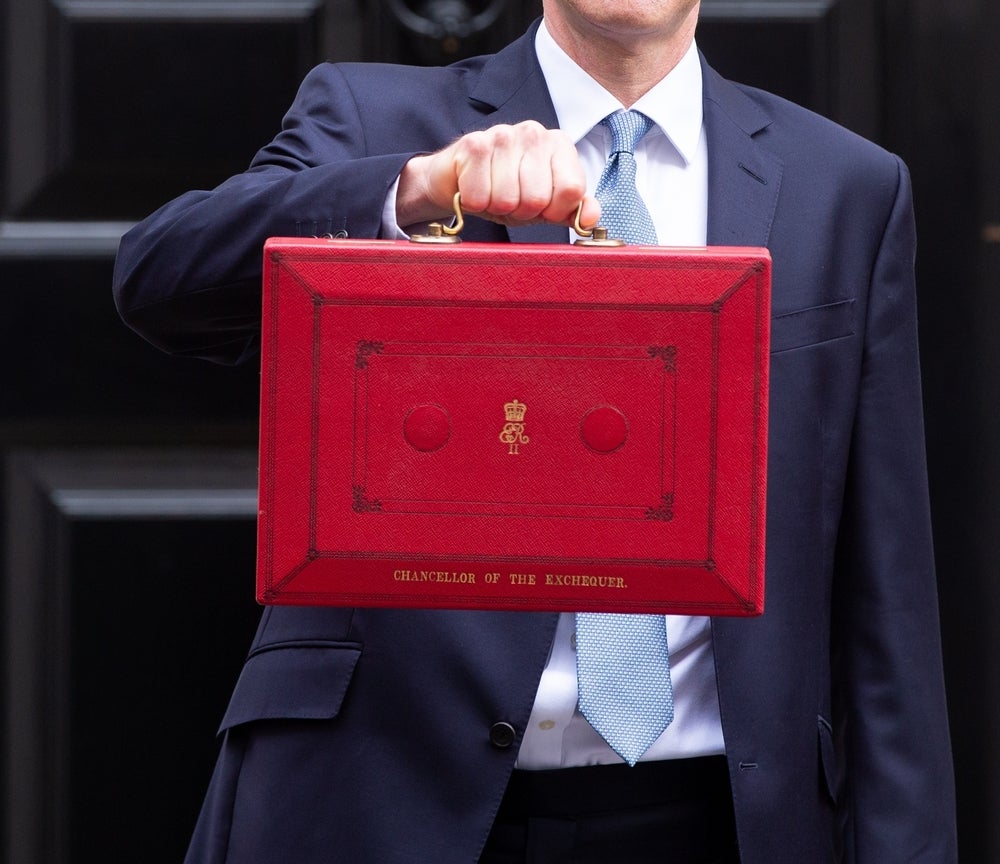
By ACCA regional head of policy for Europe and the Americas Nick Jeffrey
I was chatting to a friend recently about a guy we both know. I was saying that this guy is in the habit of burning his garden refuse at unsociable hours. My friend said: “Oh, I think he’s the guy who revs his car hard when he pulls away, sometimes just when we are getting the children off to sleep. And they have noisy parties.” And then he said: “He used to be a lawyer, but was convicted of money laundering.”
We both nodded sagely, as if to say “that figures”. In silent agreement, that discrediting himself and his profession through committing this criminal act, once known to us, was a natural progression to other anti-social behaviour. It was as if my friend and I were lifelong observers of bad behaviour, that there was often an identifiable pattern and that, had I looked hard enough, I would have been able to spot a potential money launderer because my washing comes in from the garden smelling of his burning leaves.
Clearly, there is no link between burning garden waste and hot money. As is sometimes the way though, my friend got me thinking. I hate it when individuals let down themselves and their profession. Should I be more adept at interpreting The Signs?
Ethics/behaviour has crossed my desk three times this week.
First: here at ACCA, we’re about to launch our Ethics and Professional Skills Module. This is the first step in the delivery of our redesigned qualification. Available from 31 October, this new module will equip ACCA students with the professional skills that are needed in the modern workplace. Firms and employers will be able to buy this module as a 20-hour computer-based and assessed piece of CPD.
How well do you really know your competitors?
Access the most comprehensive Company Profiles on the market, powered by GlobalData. Save hours of research. Gain competitive edge.

Thank you!
Your download email will arrive shortly
Not ready to buy yet? Download a free sample
We are confident about the unique quality of our Company Profiles. However, we want you to make the most beneficial decision for your business, so we offer a free sample that you can download by submitting the below form
By GlobalDataSecond: I have just joined ACCA, where the induction can be traced in one form or another back to ACCA’s values, behaviour and making the right choices.
And the third occasion was a little more tenuous. Starbursts are the go-to vegan-inclusive sweets here at ACCA. No meat-derived products in the ingredients. Good for vegan colleagues and therefore a more inclusive choice than some of my other favourite sweets. Although it does mean a wider group for me to share my sweets with…
Skills. Behaviour. Inclusion.
Three critical attributes for a modern global professional body. Founded on the premise that ethics begins with the individual – it begins with me.
But if I consistently bought, say, wine gums (other vegan-unfriendly sweets are available),` would my exclusion of vegans imply to the casual observer that I was at risk of paying lip service to my ACCA induction and ACCA’s culture? Maybe even that I was capable of unethical behaviour which was unbecoming of a professional accountant? I doubt it…
There are an increasing number of commentators who are self-appointed experts in the field of looking back with the benefit of hindsight, then passing sentence. And my friend’s inadvertent prompting reminded me that I have done it myself.
Early in my career, I was on an audit team that identified previously undisclosed related-party transactions. We pulled at a few strands of wool and the thing began to unravel. In time a fraud emerged, and the police were brought in.
Many times I played back to myself whether we in the audit team should have spotted the fraud earlier. Was there anything we could have done differently? Could or should we have asked different questions? Were there any clues in the individuals’ behaviour?
The audit team also conducted a retrospective exercise. So did third parties from within and outside the firm.
And the collective conclusion was the same as my own private inquisition.
Which was: maybe. But probably not.
The audit team was diverse and experienced. The
fraud was well hidden and involved collusion by senior people. The audit team did well to spot the fraud in the first place.
It’s good to look back to learn lessons. But we should be careful when looking back with a view to judgment. Ethics begins with the individual, but professional standards and the surrounding ecosystem evolve over time.
Back to my neighbour. My judgment stands. I might suggest to him that he makes compost not bonfires – good for his garden, good for my washing. Only I will know that my suggesting he puts his leaves to compost is a metaphor for my view of his rotten behaviour.





